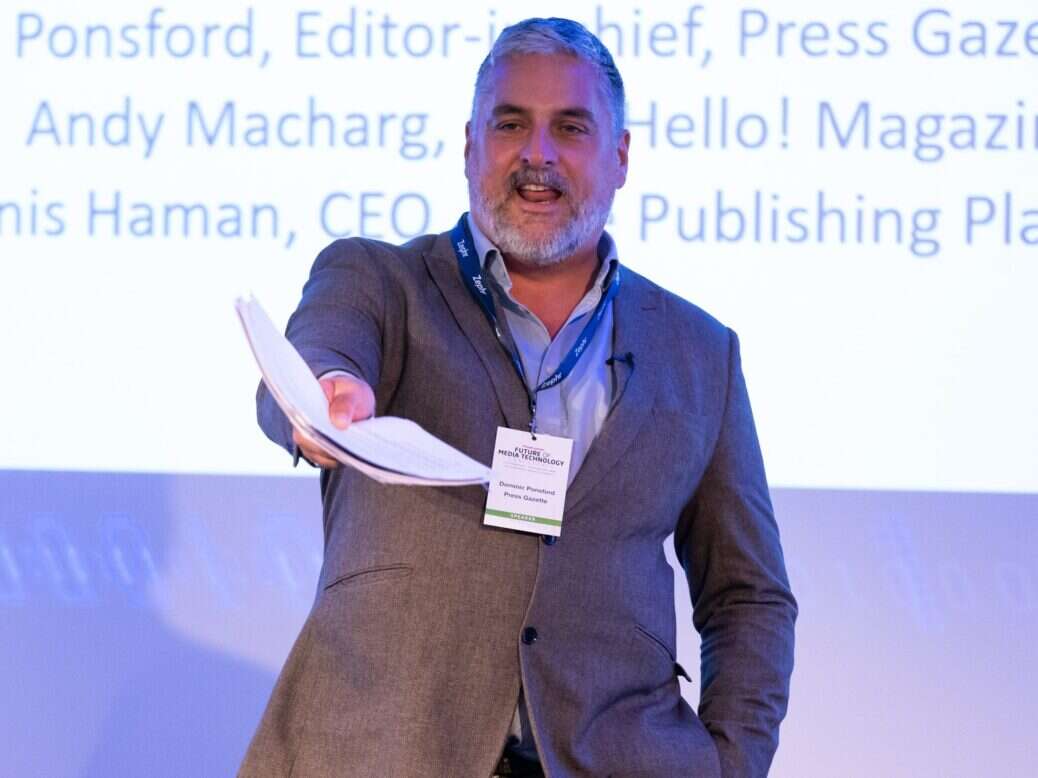
Generative AI can’t, by definition, write a news story (yet).
But it poses a threat to our industry – and so to the world – greater than any I have yet witnessed in 20 years of reporting on the media. And that is saying something.
I’m sorry if that last sentence sounds pompous, but the news business is the one that holds all others to account. We only have to look at the behaviour of Russia to see that far more than just democracy dies in darkness
In my time at Press Gazette there have been two seismic shocks to the UK news business: the 2008 financial crisis and the hacking scandal in 2011. Then there has been the more incremental, yet even more destructive, displacement of professional journalism as a business by advertising on Google and social media platforms.
But generative AI creates a greater risk still by removing journalists from the economic value chain altogether – other than as unpaid source material.
By its nature, AI cannot cover breaking news because its role is to synthesise answers based on reading billions of words already written. ChatGPT’s source material cuts off at September 2021 precluding it from competing with human journalists when it comes to coverage of current events. In any case, predicting how one word will appear in front of the next would be a terrifyingly unpredictable and foolhardy way to write a news story.
But for pre-September 2021 information, it can answer questions without any credit, benefit or links back to the creators of its source material.
In unscrupulous hands it will be used to create websites with little or no journalistic input whatsoever.
And ChatGPT it is already exploiting journalists’ hard work to answer search-style questions with no credit or compensation to those who dug out the original source information. Given the cavalier way ChatGPT creator OpenAI has already helped itself to millions of articles without permission to train ChatGPT, it can only be a matter of time before it brings that material up to date.
In this year’s Tom Olsen Lecture at St Bride’s Church I will be talking about the threat posed by generative AI to the news business and what we can do about it.
I will also be sharing insights into what I have learned in my 20 years covering the media beat at Press Gazette, and explaining how good journalism can survive and ultimately save the world from disruptive technology.
The 2023 Olsen Lecture starts at 6.30pm on Thursday 6 July at St Bride’s Church, Fleet Street, London.
Book your ticket for the Olsen Lecture here.
Email pged@pressgazette.co.uk to point out mistakes, provide story tips or send in a letter for publication on our "Letters Page" blog
